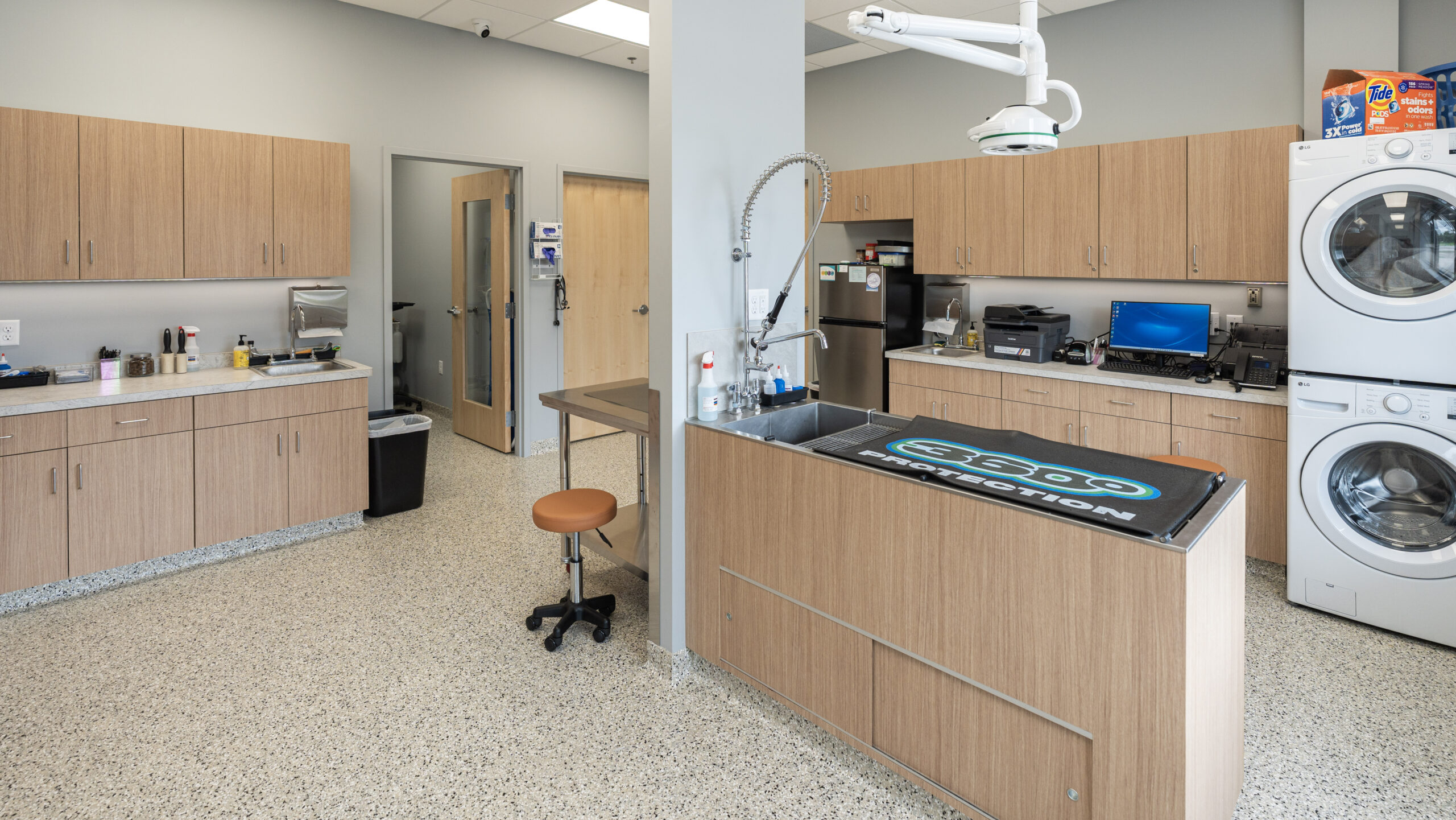Transforming your commercial space through a commercial renovation is a major business decision that can deliver tremendous returns—or turn into an expensive nightmare without adequate preparation. From modernizing office environments to expanding storefronts or repurposing industrial buildings, smart planning separates successful projects from problematic ones.

Define Your Vision and Goals First
Skip the temptation to jump straight into design meetings. Instead, crystallize your objectives before engaging contractors or design professionals. What’s driving this renovation? Maybe you’re scaling operations, enhancing the customer journey, streamlining workflows, or replacing failing infrastructure. Whatever the reason, your renovation must support broader business goals. When your construction team understands your strategic priorities, they’ll create solutions that go beyond aesthetics to drive real business value.
Account for the Complete Financial Picture
Business owners routinely stumble by focusing solely on construction costs while overlooking the bigger financial picture. Your renovation budget needs to encompass permit applications, professional design fees, possible temporary space rental, business interruption losses, equipment and furnishing purchases, IT system upgrades, plus a 10-15% cushion for inevitable surprises. Once demolition begins and existing conditions are revealed, commercial projects consistently expose hidden challenges that demand additional resources.
Tackle Regulatory Requirements Immediately
Commercial construction faces far stricter oversight than residential renovations. You’ll navigate building permits, fire marshal approvals, Americans with Disabilities Act standards, zoning ordinances, and environmental compliance issues. Specific industries encounter additional layers—think health department inspections for restaurants or specialized requirements for medical facilities. Launch your permitting efforts early since regulatory delays can derail your entire schedule. Your commercial contractor should serve as your guide through this regulatory maze, ensuring every aspect meets current codes.
Protect Your Ongoing Operations
Consider the operational impact of your renovation carefully. Most businesses can’t afford to close completely during construction. Explore phased approaches that keep portions of your operation running. Could construction happen overnight or on weekends? Does temporary relocation make financial sense? Evaluate how noise, debris, and limited access will affect your team, clients, and suppliers. Transparent communication about construction schedules helps everyone adjust their expectations and plans.
Select a Contractor with Commercial Expertise
Commercial construction demands specialized knowledge that residential contractors may lack. These projects require understanding of commercial building codes, managing concurrent trades, handling complex mechanical systems, and meeting aggressive deadlines. Seek contractors who demonstrate commercial project portfolios, maintain appropriate licensing and insurance coverage, offer references from comparable work, and consistently deliver on schedule. The cheapest quote often proves most expensive when it results in delays, code failures, or inferior results.
Prepare for Extended Timelines
Most business owners underestimate how long commercial renovations actually take. Construction duration is just one component—you’ll also spend time on design refinement, permit processing, material ordering, and various inspections. Supply chain disruptions can postpone specialized equipment or materials for extended periods. Weather affects outdoor components. Unexpected structural discoveries may necessitate design revisions. Incorporate cushion time throughout your plan and never schedule major business events immediately after projected completion.
Invest in Future Performance
Budget constraints matter, but avoid compromising quality for immediate cost savings. Money spent on premium materials, energy-saving systems, and adaptable design features returns value through lower maintenance expenses, reduced utility costs, and spaces that grow with your business. Consider how your facility might need to operate a decade from now, not simply meeting today’s requirements.
Create Comprehensive Records
Keep meticulous documentation of every contract, modification order, permit, warranty, and final construction drawing. This paperwork becomes essential for subsequent renovations, ongoing maintenance, insurance matters, or property sales. Insist that your contractor supplies warranty documentation for every material and system they install.
Successful commercial renovations demand more than enthusiasm and funding. By thoughtfully addressing these factors early and collaborating with seasoned professionals, you’ll set your project up for success and develop a workspace that propels your business forward for years ahead.




